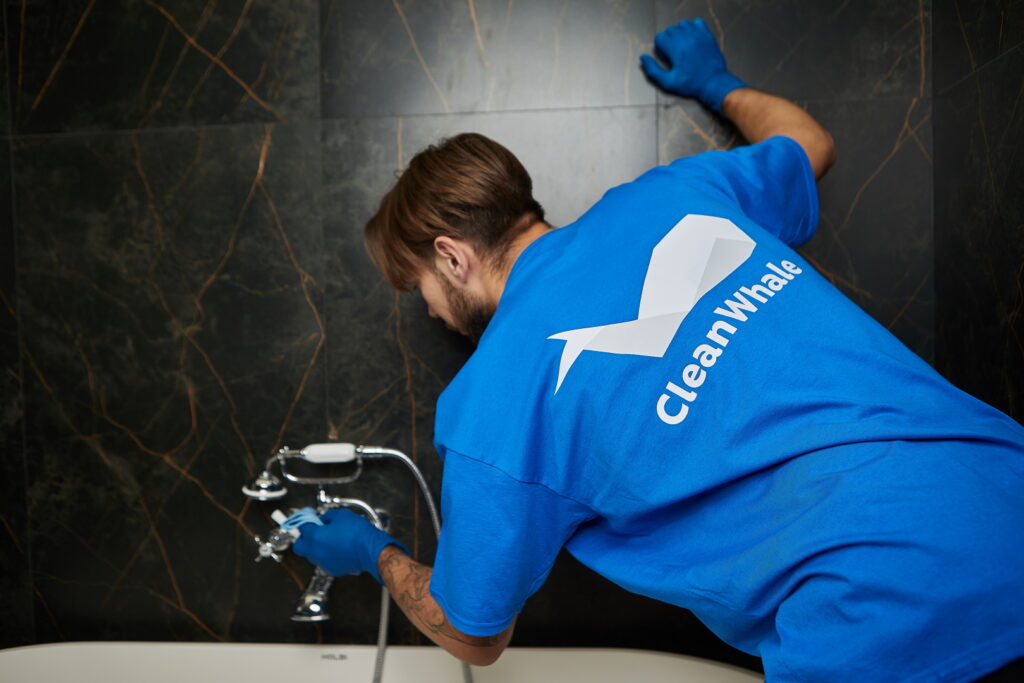Opportunities and Challenges of the Pest Control Business in Germany
The pest control industry is not just about eradicating unwanted insects and rodents; it’s a booming business with immense potential, especially in Germany. This article explores the opportunities that entrepreneurs can tap into and the challenges they should prepare for in this diverse market. As urbanization increases and environmental concerns grow, the pest control business offers lucrative prospects, yet it also comes with its unique set of challenges. If you're considering entering this field, understanding both sides of the equation is crucial for your success.

The Pest Control Landscape in Germany
Germany has a diverse climate and numerous urban and rural settings that provide an ideal breeding ground for various pests. Governed by stringent regulations and consumer expectations, the pest control sector is indeed a gold mine for those willing to navigate its intricacies. Recent statistics indicate that the pest control market in Germany is projected to grow at a CAGR of 5.12%, reaching approximately €1.3 billion by 2025. This growth reflects both the increasing pest populations and the rising awareness of public health concerns related to pest infestations.
Opportunities in the Pest Control Sector
1. Growing Urbanization
Urban areas in Germany are experiencing significant population growth. The resulting concentration of people leads to increased demand for pest control services. A study by Eurostat revealed that over 77% of the German population now lives in urban areas, creating a higher likelihood of pest interactions. Entrepreneurs can benefit immensely from focusing on urban pest solutions, offering specialized services tailored to apartment complexes, corporate offices, and residential neighborhoods.
2. Environmental Concerns
With growing awareness about environmental sustainability, many consumers are looking for eco-friendly pest control options. Businesses offering integrated pest management (IPM), which emphasizes the use of natural predators and low-impact solutions, are finding a receptive market. According to a survey by the Federal Ministry for the Environment, more than 60% of German households prefer eco-friendly pest control methods. Such preferences present an opportunity for businesses to differentiate themselves by offering green alternatives.
3. Technological Innovations
The integration of technology has revolutionized pest control. Businesses adopting data analytics, IoT devices, and mobile apps are seeing increased efficiency and customer satisfaction. Innovations like smart traps and monitoring systems not only improve pest detection but also enhance customer trust through transparency. As technology continues to evolve, there is a pressing need for pest control companies to invest in modern solutions to stay ahead of the competition.
4. Regulatory Support
Germany has a robust regulatory framework that governs pest control practices. While navigating these regulations can be daunting, they also create a level playing field that promotes professional service delivery. Understanding the requirements set by the Federal Biological Research Centre for Agriculture and Forestry (BZL) can help businesses align their strategies with national standards, offering a competitive edge over non-compliant operators.
Challenges Facing Pest Control Businesses
1. Intense Competition
As the demand for pest control services increases, so does competition. Hundreds of established companies and new entrants are vying for market share. To stand out, businesses need to develop unique selling propositions (USPs) and offer exceptional customer service. Additionally, investing in branding and digital marketing strategies is vital to attract new customers and retain existing ones.
2. Labor Shortage
Finding skilled labor is one of the most significant challenges in the pest control industry. Many technicians enter the field without adequate training, leading to service inconsistencies and customer dissatisfaction. Companies should invest in training and employee development programs, creating a workforce that not only complies with regulations but also delivers high-quality services. Partnering with trade schools and universities can also help bridge the skill gap.
3. Changing Regulations
Keeping up with evolving regulations can be challenging for pest control businesses. New laws concerning pesticide use, for instance, demand ongoing training and adaptation. Companies need to stay informed about changes in legislation to avoid penalties and ensure compliance. Regular participation in industry seminars and workshops is crucial for this.
Frequently Asked Questions
What Qualifications Do I Need to Start a Pest Control Business?
In Germany, pest controllers must obtain specific licenses and comply with national regulations, such as the Pest Control Act. Completing a recognized training program is essential. Additionally, certifications in pest control and business management can bolster your credibility in the market.
How Much Does It Cost to Start a Pest Control Business?
Initial startup costs can vary widely, depending on the scale of operations, equipment, and marketing strategies. On average, entrepreneurs can expect to invest between €10,000 and €50,000 to launch a small to medium business, including equipment, vehicle, licenses, and initial marketing efforts.
What Are the Legal Responsibilities in Pest Control?
Pest control businesses in Germany are required to adhere to strict regulations concerning product use and waste disposal. Failure to comply can result in severe penalties. It’s crucial to familiarize yourself with the relevant laws and ensure that all technicians are properly trained and certified.
Conclusion
The pest control business in Germany presents an array of opportunities and challenges that savvy entrepreneurs can leverage. Understanding market dynamics, consumer preferences, and regulatory requirements is essential for success. While competition is fierce, innovations, eco-friendly practices, and a commitment to excellence can set businesses apart in this thriving sector.
As you consider entering the pest control market, remember that staying informed, adaptive, and customer-focused will pave the way for your growth and success in this promising industry. Embrace these opportunities, stay vigilant about the challenges, and you might just find yourself leading the next wave of pest control solutions in Germany.















